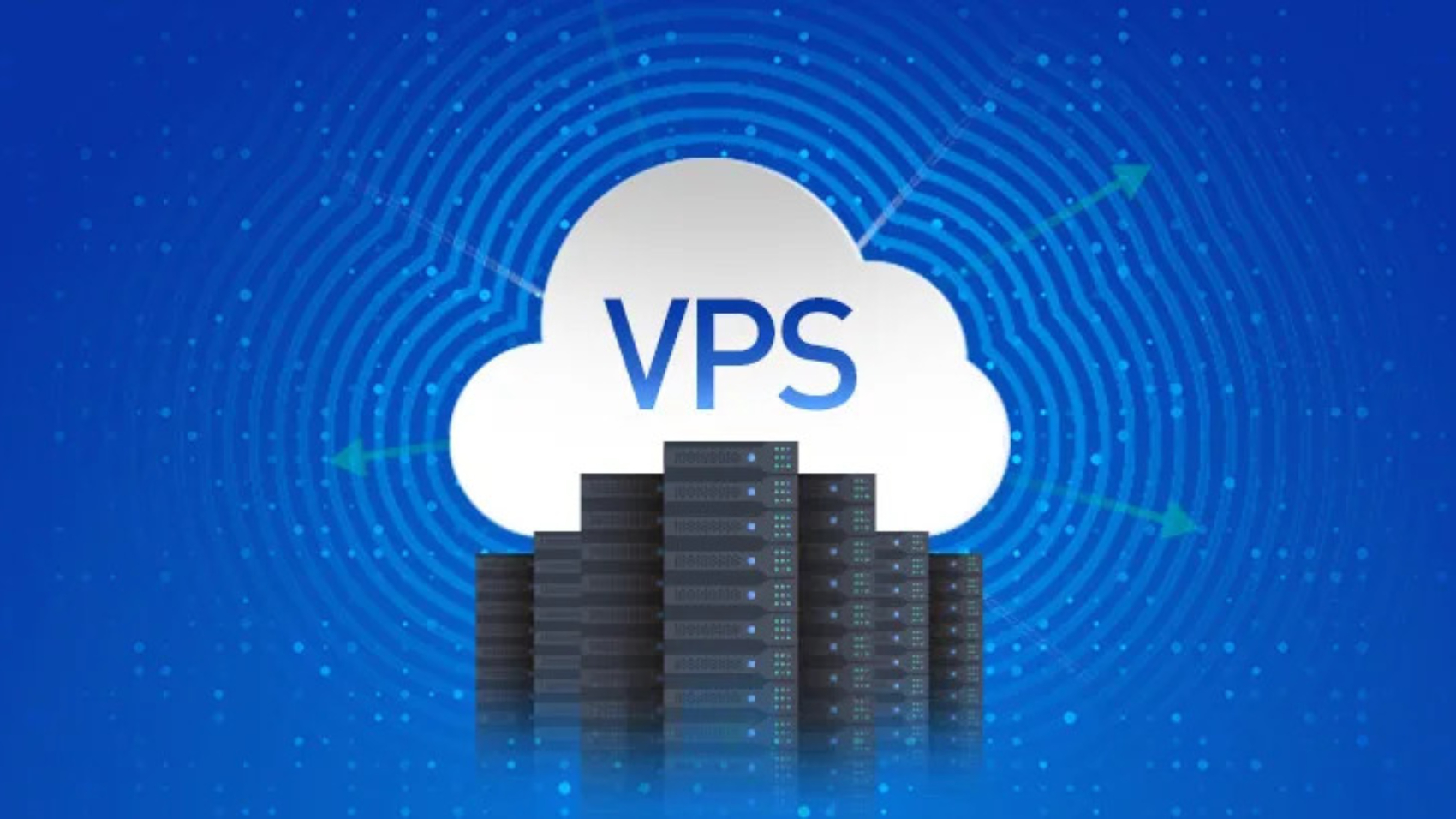A virtual private server, or VPS, is an isolated virtual environment on a physical server that is owned and managed by a cloud or web hosting company. VPS hosting employs virtualization technology to divide a single physical machine into many private server environments that share resources.
A virtual private server (VPS) is a virtual system that delivers virtualized server resources on a physical server shared by several customers. VPS hosting provides dedicated server space with a set amount of resources, allowing for better flexibility and customization than shared hosting.
How does a VPS work?
A VPS represents a dedicated server hosting environment, despite the fact that you share a single physical server with other users. Your hosting company creates a hypervisor, or virtual layer, on top of the real server’s operating system (OS), dividing it into virtual compartments. This layer allows each of these compartments to run their own operating system and software, allowing them to function independently of one another.
Even though you are technically sharing resources with other users, yours are guaranteed. You pay a fixed amount that is allocated to your VPS and cannot be used by another account.
Virtual private server vs. dedicated server
To understand the differences between a virtual private server (VPS) and a dedicated server, first consider the various types of web hosting services available.
Shared hosting is a type of web hosting service where multiple websites are hosted on a single physical server. Each website shares the server’s resources, including CPU, disk space, and memory. This setup is generally more affordable because the cost of maintaining the server is spread across many users. However, since resources are shared, the performance of your website can be affected by the activity of other websites on the same server. Shared hosting is suitable for small to medium-sized websites with moderate traffic levels.
Dedicated hosting is the opposite of shared hosting. In dedicated hosting, a single server is dedicated solely to one client or user. This means that all of the server’s resources, including CPU, disk space, memory, and bandwidth, are exclusively available to that client. Dedicated hosting offers greater control, flexibility, and customization options compared to shared hosting. It is ideal for websites or applications that require high performance, extensive resources, or specific server configurations. Since you have full control over the server, you can install custom software, configure security settings, and optimize performance according to your needs.
VPS hosting sits at the midpoint between shared hosting and dedicated hosting. It’s a type of web hosting where a physical server is partitioned into multiple virtual servers, each operating independently as if it were a dedicated server. Each virtual server has its own operating system, allocated resources (such as CPU, RAM, and storage), and can be customized and configured independently.
VPS hosting offers more control, flexibility, and scalability compared to shared hosting. While multiple virtual servers share the same physical hardware, they are isolated from each other, providing better security and performance compared to shared hosting.
VPS hosting is often chosen by businesses or individuals who need more resources and control than what shared hosting offers, but don’t require the entire physical server that dedicated hosting provides. It’s suitable for websites with moderate to high traffic, e-commerce sites, web applications, and development environments.
Let's use an analogy to help explain the differences between a VPS and a dedicated server.
Consider a VPS server to be the equivalent of reserving a private room at a restaurant to celebrate a special occasion such as your birthday. Instead of eating at a table in the main restaurant with other customers (shared server), you can have a private dining experience that is tailored to your specific needs.
You receive all of the seats, tables, dishes, and cutlery needed for your guests and can arrange them however you want. You can request a different menu or drink special that your guests can select based on their preferences. However, you will share the kitchen, staff, and other amenities with other customers.
A dedicated server is similar to renting out an entire venue and hiring a catering and event company. You have complete control over every aspect of your party, and all resources will be reserved exclusively for your group of guests, but it will be extremely expensive.



